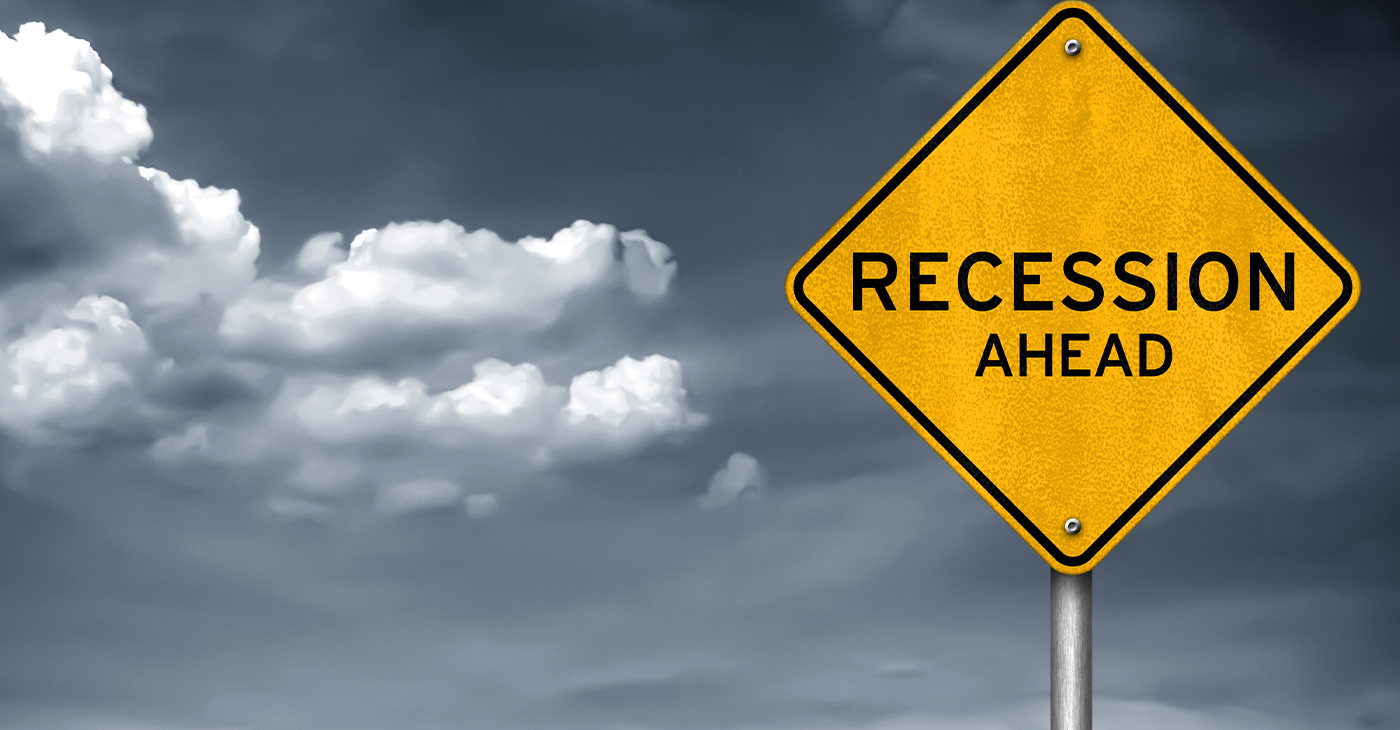By Stacy M. Brown, NNPA Newswire Senior National Correspondent
@StacyBrownMedia
In the past, it hasn’t always been clear when a recession loomed, let alone when it had already begun.
However, the silver lining now is that unlike in previous downturns, the Federal Reserve and the U.S. government have already taken action by making critical adjustments to fiscal and monetary policies to regulate economic activity.
“The United States currently has certain interim policies and tools, such as automatic stabilizers like the Earned Income Tax Credit and Unemployment Insurance that are automatically triggered to inject funds into the economy and don’t require any government action to take hold in the event of a downturn,” said Mila Garcia, a finance expert, and the founder of iPaydayLoans.
“And while such programs have proven effective, they should have an even stronger effect with congressional action being taken alongside them. So, if a downturn does hit, we can at least expect to be less vulnerable to economic troubles than before,” Garcia stated.
Amid rising inflation and concerns of a looming recession, many have shared their fears and what America should learn from the pandemic-induced economic downturn.
“Given that Americans are struggling to pay their medical bills, inflation is rising quickly at a pace of 9 percent, and gas and food prices are at all-time highs, this subject is one of the most popular and alarming ones for all Americans,” said Rinor Zejna, a digital public relations specialist.
Zejna offered some findings from research regarding bankruptcy in the United States, noting that one in three Americans struggle to pay medical bills and 750,000 file for bankruptcy each year.
“Medical debt is the number one cause of bankruptcies,” Zejna offered. “And 58 percent of Americans live paycheck to paycheck.”
Home sales and building have dropped substantially over the past year, and consumer confidence has fallen to its lowest point since the pandemic’s beginning.
Still, President Joe Biden remains optimistic.
“Coming off last year’s historic economic growth and regaining all the private sector jobs lost during the pandemic, it’s no surprise that the economy is slowing down as the Federal Reserve acts to bring down inflation,” Biden said in a statement.
“But even as we face historic global challenges, we are on the right path, and we will come through this transition stronger and more secure,” the President continued.
He insisted that the job market remains historically strong, with unemployment at 3.6 percent and more than 1 million jobs created alone in the second quarter.
“My economic plan is focused on bringing inflation down without giving up all the economic gains we have made,” Biden asserted.
“Congress has a historic chance to do that by passing the CHIPS and Science Act and Inflation Reduction Act without delay.”
Still, corporations have experienced a decline in sales and earnings during recessions and continue to fear what may come.
According to reports, the average U.S. corporation’s after-tax profit margin is around 16 percent.
In traditional recessions, the rate drops down to single digits.
Meanwhile, those corporations are collectively sitting on a record level of over $4 trillion in cash.
“Companies may have raised these funds during the era of easy money and low-interest rates over the past decade,” Vishesh Raisinghani wrote for Yahoo Finance.
“Now, this cash is acting as a buffer and could allow companies to retain staff despite the economic slowdown.”

